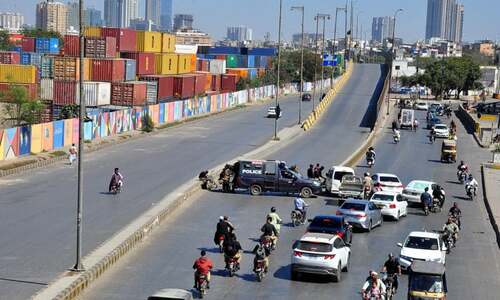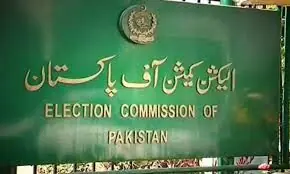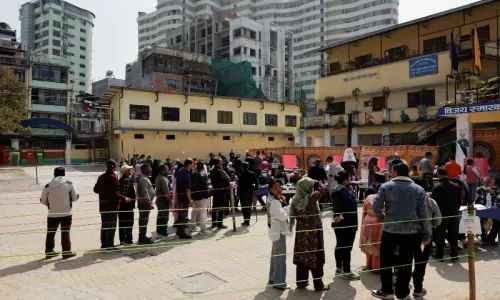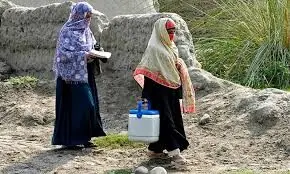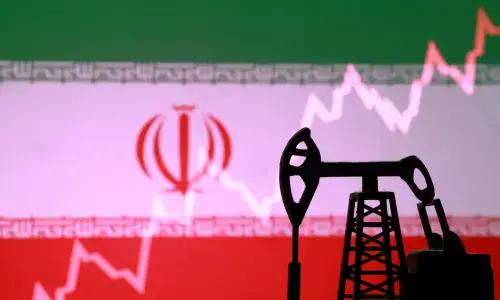KARACHI, Oct 29: The enrolment of foreign students in government-run educational institutions in the city is likely to decline further in the wake of the political situation in the region.
Survey and interviews conducted by this reporter at two public-sector universities in the city revealed that the developments taking place in the region, particularly within Pakistan and beyond its western borders, after the attacks in the United States on September 11 were causing anxiety to foreigners studying in the city.
The number of foreign students who had left for their countries so far was insignificant, but in the days to come this figure could rise. A few students and researchers hailing from Japan, the US, Sweden and Oman had returned to their countries during the past two months as, according to them, they were asked by their diplomatic missions to leave Pakistan at once, said an official at the University of Karachi.
About 70 students from different countries, including the US, Bangladesh, Ethiopia, Iran, Jordan, Mauritius, Oman, Palestine, Saudi Arabia, Somalia, Sri Lanka, Sudan, Sweden, Syria and Thailand, are enrolled at the University of Karachi and the NED University of Engineering and Technology.
Foreign students are also studying in more than 10 professional educational institutions, both in the public and private sectors, in Karachi and other cities and towns of Sindh. About 100 foreign students are enrolled in educational institutions in Karachi, and another 200 in educational institutions located outside Karachi.
Referring to the decrease in the number of foreign students in the recent past at Karachi University, a KU teacher said the continuing decline in enrolment of foreign students was due to the poor law and order situation in the city. When law and order was relatively better, more than 200 foreign students enrolled themselves at Karachi University every year. Now students preferred to study at other places of the province.
Talking about the impact of the ongoing war in Afghanistan, a KU official said foreigners were confused as regards the situation, though their embassies were advising them to return to their countries. A number of students were waiting for their examinations, scheduled for November, at the two government-run universities. They would go back to their countries as soon as their examinations were over, and would return after the situation stabilized.
Out of the 60-odd foreign students at Karachi University, about 27 are from Somalia. One female student from Somalia said they preferred Karachi University as it was not only economically viable, but suited to them for other reasons as well.
Communication with students and teachers was easier at Karachi University, said the student of the mass communications department. One important reason for study at this university was that English was the medium of instruction here.
Talking about the prevailing international situation, students at a research institute at KU said their diplomatic missions had also asked them to leave Pakistan, but they could not do so because of financial constraints. A student at a girls hostel said a few of the newly-admitted students from Oman and some other countries had left for their home countries.
Those who had left for their home countries would lose an academic year as under the rules they are required to attend classes properly to be enable to appear in examinations.
According to sources, so far none of the 12 students studying at NED University had intimated the university about their departure, but it is likely that students would leave after their semester examinations. It is being feared that if the situation further deteriorated, there would be little chances of foreign students seeking admission to the university in the new academic year.
Talking about the adverse impact of the Afghan war, a departmental head at the University of Karachi said teaching at a foreign language course had been postponed, and examinations would also be delayed. About 75 applications had been received from the Economic Affairs Division of the government regarding admission to different departments of the university, but progress was slow as foreigners were not turning up accordingly.
However, some senior teachers are optimistic that enrolment of foreign students would increase at the KU in the next few years. Educational institutions in developed Western countries, where now there was a bias towards people of Muslim world and underdeveloped countries, would be reluctant to give admission to students from these countries. So more foreign students would come to Karachi university.
It was learnt that a research institute of the university had to postpone its international conference scheduled for November as scholars from abroad expressed their inability to participate because of the prevailing situation in the region.
Sources at the institute said fresh batches from Germany and Turkey were unwilling to join research works at the institute in view of the uncertain situation in the region.

